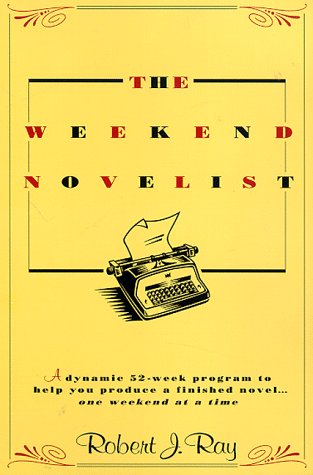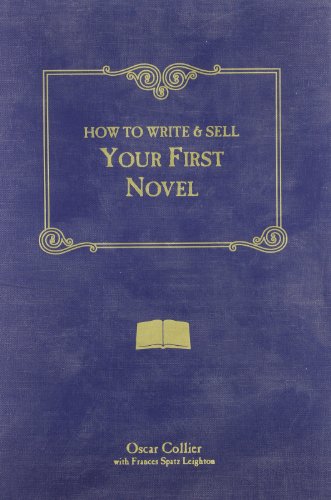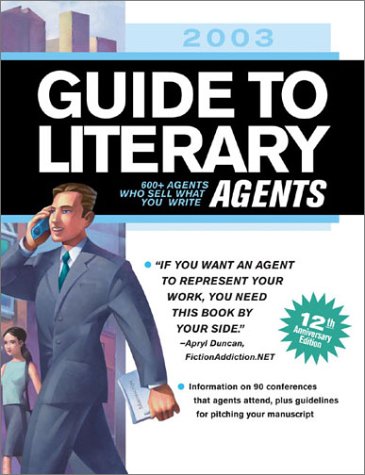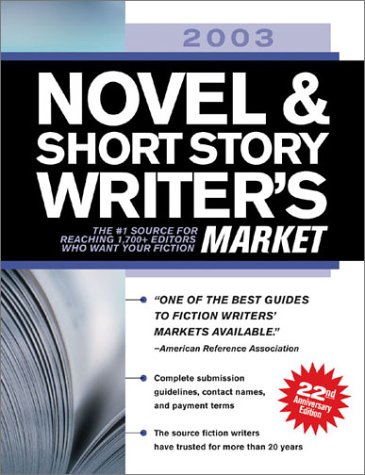Books for Wanna-be Writers
Discover the best books for wanna-be writers to hone your craft! Explore essential reads on writing techniques, storytelling, and creativity to kickstart your author journey.


Book
Elements of Fiction Writing - Conflict, Action & Suspense
by William Noble
What makes a book a page-turner? How do you grab your readers right from the start and hold them through the last sentence? How do you make your plot twist and turn and keep the action moving without losing continuity? You do it by generating drama and developing it using conflict, action and suspense. You make your reader burn to know what's going to happen next. You create tension...and build it...to the breaking point. William Noble shows you how to intensify that pressure throughout your story. You'll learn exactly what constitutes conflict, action and suspense, how they relate to other important ingredients in your story, and - perhaps most important - how to manipulate them. Through thorough, step-by-step instruction, you'll learn how to... set the stage with techniques and devices that enhance drama introduce suspense from the very beginning of your story build suspense through cliff-hangers, dialogue, mood, character development, point of view, subtlety and indirection, and time and place bring all that conflict, action and suspense to a gripping conclusion There are all sorts of ways to create tension in your prose - from using adjectives and nouns that drip with imagery to making quick scene cuts and transitions to accelerating the pace. Learn them here. Then use them, and your story will plunge your readers into a river of worry...and the current will carry them to The End.

Book
Elements of Fiction Writing - Beginnings, Middles & Ends
by Nancy Kress
Get your stories off to a roaring start. Keep them tight and crisp throughout. Conclude them with a wallop. Is the story or novel you've been carrying around in your head the same one you see on the page? Or does the dialogue suddenly sound flat and predictable? Do the events seem to ramble? Translating a flash of inspiration into a compelling story requires careful crafting. The words you choose, how you describe characters, and the way you orchestrate conflict all make the difference—the difference between a story that is slow to begin, flounders midway, or trails off at the end—and one that holds the interest of readers and editors to the final page. By demonstrating effective solutions for potential problems at each stage of your story, Nancy Kress will help you... hook the editor on the first three paragraphs make—and keep—your story's "implicit promise" build drama and credibility by controlling your prose Dozens of exercises help you strengthen your short story or novel. Plus, you'll sharpen skills and gain new insight into... the price a writer pays for flashbacks six ways characters should "reveal" themselves techniques for writing—and rewriting Let this working resource be your guide to successful stories—from beginning to end.

Book
Writing Fiction
by Janet Burroway
Earlier. Topics include free-writing to revision, plot, style, characterization, dialogue, atmosphere, imagery, and point of view. An anthology of diverse and contemporary short stories followed by suggestions for discussion and writing exercises, illustrates concepts while offering variety in pacing and exposure to this increasingly popular form. The book also discusses key issues including writing workshops, using autobiography as a basis for fiction, using action in stories, using.


Book
World Building
by Stephen Gillett
With Stephen Gillett's help, you'll be on solid ground, no matter what kinds of worlds you create for your science fiction. World-Building explains science to help you make your fiction plausible. You'll give your worlds the pull of gravity, aware of the effects on inhabitants and the planets themselves. Mix elements and build planets with chemically credible, geologically accurate characteristics - and anomalies - that affect those who live there. Create planetary "engines," convincing atmospheres and fact-based weather patterns. Colonize a truly weird world: ancient Earth. Explore our neighboring planets and their satellites for SF possibilities. Light and heat your landscapes with the right types of stars. See how things might be on a "chloroxygen" world and other hypothetical places.



Book
Fiction Writer's Workshop
by Josip Novakovich
Master the Elements of the Writing Workshop &break;&break;The great paradox of the writing life is that to be a good writer, you must be both interested in the world around you and comfortable working in solitude for hours on end. Fiction Writer's Workshop is designed to help you foster a strong sense of independence–of being and thinking on your own, of becoming self-evaluative without being self-critical–in order to accomplish what others seek in classroom groups. &break;&break;In this comprehensive guide, award-winning writer and teacher Josip Novakovich explores every aspect of the art of fiction and provides all the tools and techniques you'll need to develop day-to-day discipline as well as a personal writing style, such as: &break;&break; More than 100 writing exercises, including dozens that are new to this edition, that challenge you to experiment with diverse writing styles&break; Specific statements of purpose for each exercise, to help guide you and instruct you at every step of the creative process&break; Self-critique questions to help you assess your work and identify strengths and weaknesses before moving on to the next lesson&break; The full text of eight acclaimed short stories, with analysis and exercises, to provide models for your own writing and help reinforce the lessons you've learned &break;&break;The practical, insightful methods offered in this workshop will clarify your voice, broaden your perspective, and strengthen your fiction.

Book
Elements of Fiction Writing - Description
by Monica Wood
Description is most powerful when it's visible, aural, tactile. Make your descriptions fresh and they'll move your story forward, imbue your work with atmosphere, create that tang of feeling that editors cry for and readers crave. Monica Wood helps you squeeze the greatest flavor from the language. She segments description like an orange, separating its slices to let you sample each one. You'll learn about: Detail, and how you can use description to awaken the reader's senses of touch, taste, hearing, smell and sight Plot, from advancing story using only relevant description—and how to edit out sluggish, reader-stopping writing Style, and the use of description to create a mood that matches your story's content Point of view, how selecting omniscient, first person or third person limited narrative influences the descriptive freedom you have Creating original word depictions of people, animals, places, weather and movement Wood teaches by example, developing stories with characters in various situations, to show you how you can apply description techniques. You'll also see samples of work by such noted writers as Mark Helprin, Anne Tyler and Raymond Carver. And you'll find the dos and don'ts, lists and descriptive alternatives to common verbs and nouns, and tips for editing your work.

Book
Writing Dialogue
by Tom Chiarella
Whether you're writing an argument, a love scene, a powwow among sixth graders or scientists in a lab, this book demonstrates how to write dialogue that sounds authentic and original. &break;&break;You'll learn ways to find ideas for literary discussions by tuning in to what you hear every day. You'll learn to use gestures instead of speech, to insert silences that are as effective as outbursts, to add shifts in tone, and other strategies for making conversations more compelling. Nuts and bolts are covered, too - formatting, punctuation, dialogue tags - everything you need to get your characters talking.